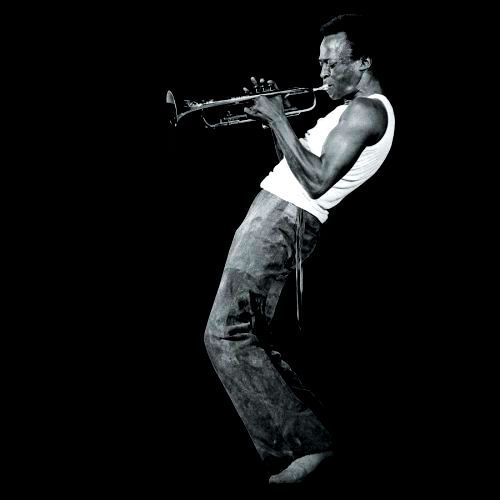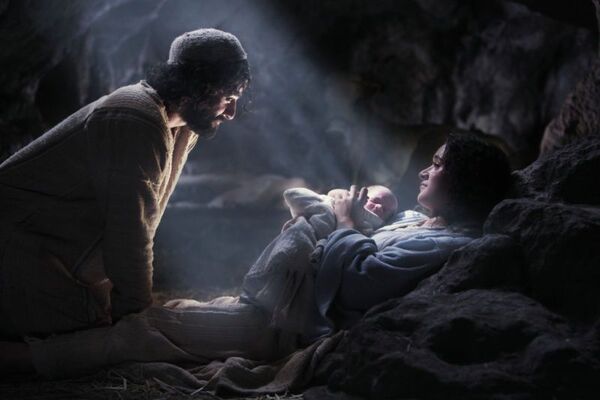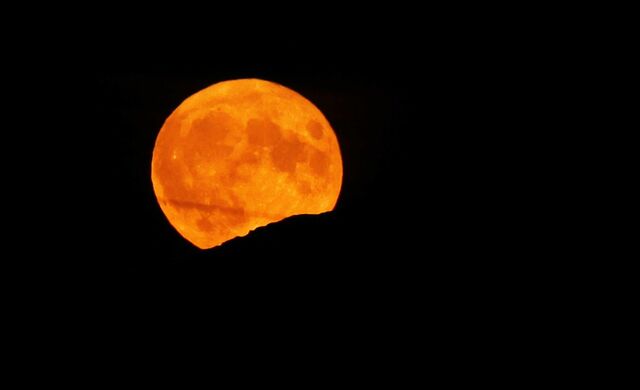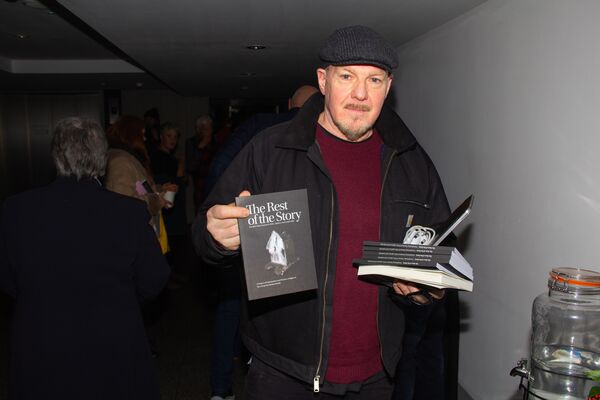OVER the past few weeks I’ve indulged myself in the BBC’s Desert Island Discs as my night time go-to station to unwind before I drift off to my island of dreams.
I was telling my good friend and fellow Westie Maria Perkins, who is engaged in a local youth project, and she thought it would be a good idea to record for a podcast our very own Desert Island Discs in her group's recording studio.
I can honestly say that come the day I found it difficult to pick my discs.
We came up with an idea where we would choose a song from each decade, ranging from the booming fifties to the naughty noughties.
I was born in the very early fifties in Cupar Street and I remember growing up to the sound of music in our home, whether it was my dad practising the scales on his saxophone or the tinkling of the ivories on our upright piano; not to forget my mother's melodic tones as she sang jazz in the belief that she was Cleo Laine to my dad's Johnny Dankworth.
The song that I learned first – one which became my party piece – was Perry Como’s Catch a Falling Star.
Then we entered into the sixties and a period of vibrancy and prosperity in our area that was rich with spinning mills, shops and plenty to do. This was also the decade throughout the world for civil rights. The music scene began to blossom with the sound of the sixties, and the sound of hope with the Beatles song All You Need is Love, and this became my second song.
The seventies took on a new sound – that of the Brits on our streets coupled with death and destruction. It was amidst this backdrop that I discovered The Clash, who became the most iconic rock band of that era. They to me were a symbol of intelligent protest and stylish rebellion in those turbulent years and so London's Burning was my third choice. Here was a band that was banned from playing the Ulster Hall – a decision that led to the battle of Bedford Street. Joe Strummer later reflected on the event as a mime of punk energy amidst the troubles in Belfast.
The eighties brought the hunger strikes and I found myself working in Twinbrook with a wonderful bunch of people, a team in the true meaning of the word. The Twinbrook Tenants' Association brought about change via the changing rooms of the Brook Activity Centre. My soundtrack then was the legendary Moving Hearts, a band that combined Irish traditional music with protest, rock and roll and elements of jazz. My choice for song number four was Irish Ways and Irish Laws.
The nineties for me was the birth of Zen in Belfast, a time when I met a native of Belfast who had migrated to San Francisco to become a Zen teacher: Ryushin Paul Haller. He was to become my teacher and together we both started to bring Zen to Belfast through our Black Mountain Zen Centre. My musical taste at this time returned to jazz and in particular the sound of Miles Davis and John Coltrane. My record choice was In a Silent Way by the main man Miles.
Finally, the noughties, when the peace process was still new and anything seemed possible. At this time my focus was on addiction and how I could help alleviate addiction as a recovering addict and a great believer in the Twelve Steps. To this end I introduced Zen as a way for people to benefit from meditation as part of their recovery process. The tempo had now changed for me and my last choice was the rekindled sound of the Doobie Brothers and Takin' It to the Streets.
I highly recommend you take a stroll down your own musical Memory Lane where you will find the soundtrack to your life, just as I found mine.
Happy listening.







